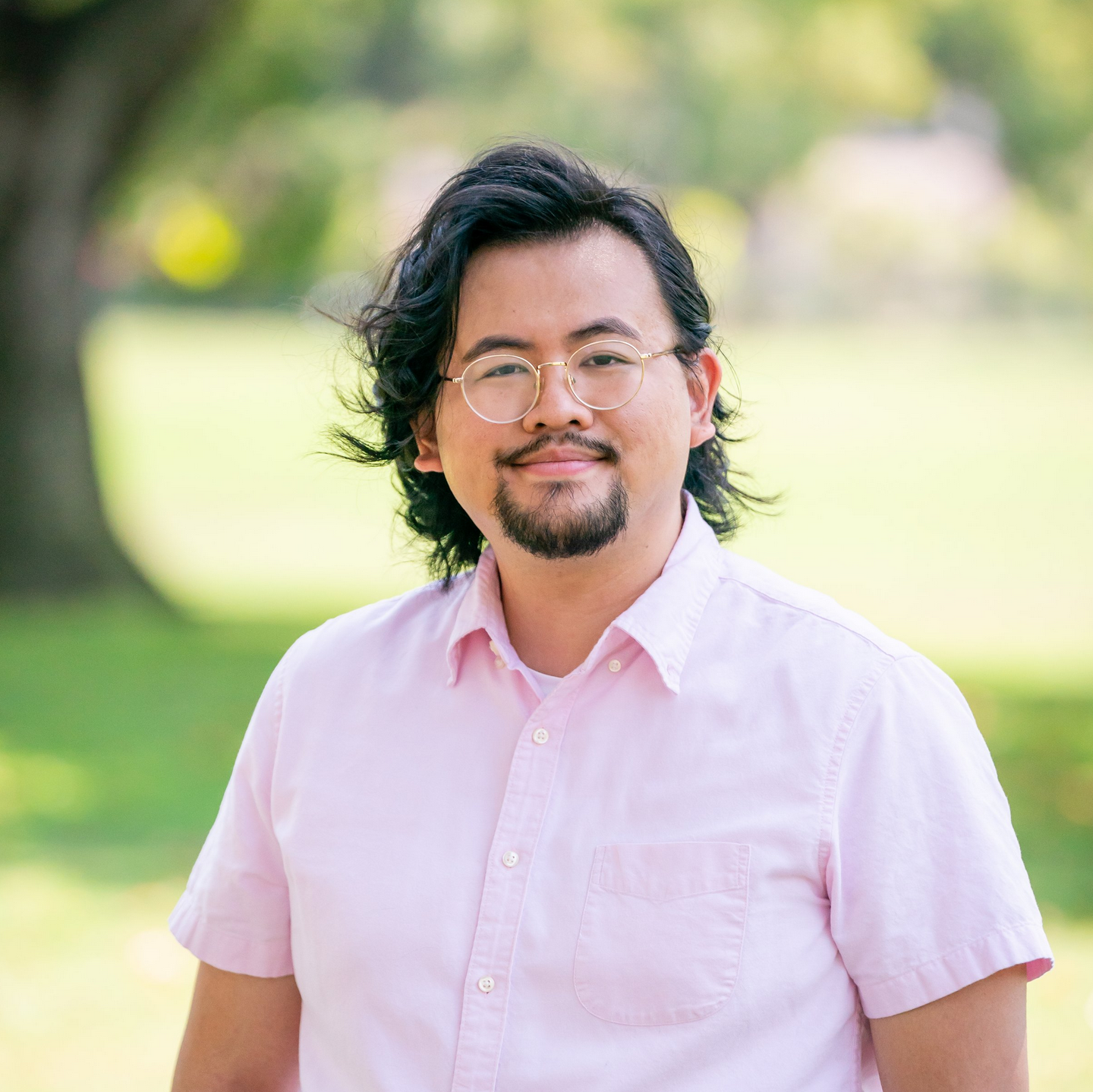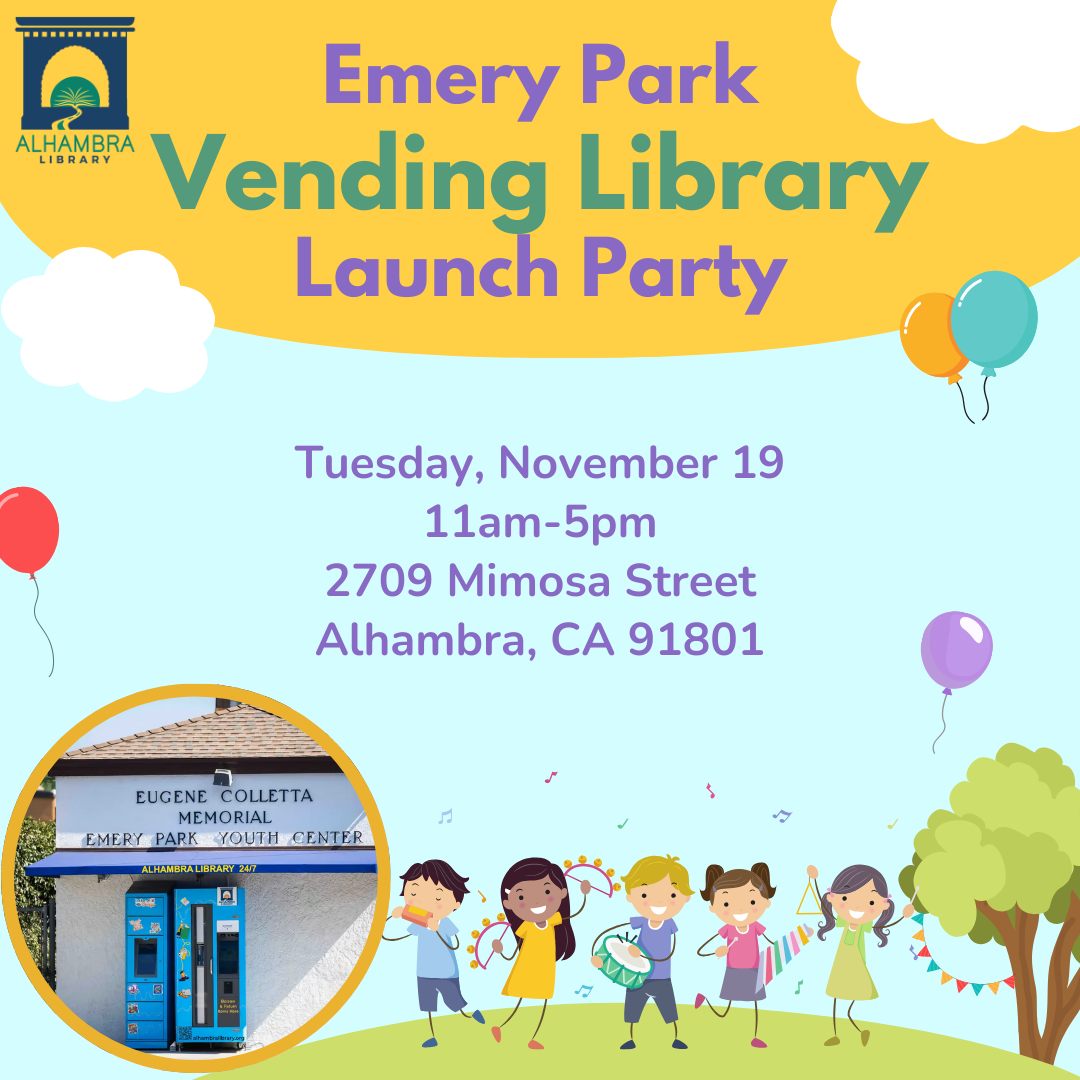Election Day is Tuesday, November 5. Read our interviews with Katie Chan here; Karsen Luthi here; and Noya Wang here.
AA: Can you tell me more about your background in public service and what motivated you to run for City Council?
Yang: Well, I really wanted to focus on making sure that the city was cleaner and safer. I work at an organization called API Forward Movement. Through that experience and through my policy experience in the past, I have about a decade focusing on environmentalism, transportation, and education. In the past, I’ve fought against the city when they had proposals that I believed would harm residents and I’ve been pushing for proposals that would benefit residents. That includes urban planning ideas that would slow down traffic around schools or residential areas, or figuring out ways we can install air sensors in the area so we can finally understand the issues around living next to a freeway and the impacts of having the 710 end in our city.
The reason why I decided to get into this work is my background. I came to this country when I was eight years old with my mom and my brother, and the only places that we could afford as a low-income family was right next to the freeways. Those are the locations where air pollution is awful. We kept our windows closed at all times and we barely spoke any English so we didn’t really know how to advocate for ourselves. This is the kind of story that’s in Alhambra everywhere.
AA: What is your stance on sustainability and the environment in Alhambra?
Yang: The reason why I’m such an environmentalist is because of my freeway background. The City of Alhambra is actually not that great in terms of environmentalism. A lot of people don’t realize this, but according to the LA County Public Health Department, Alhambra has the 6th highest pollution percentile in all of LA County.
I’ve noticed that seniors in Chinatown and seniors who live next to freeways, they’re developing lung cancer despite never having smoked a cigarette in their lives. Just having to walk, to not have access to vehicles or choosing to ride the bus. The LA Times came out with an article showing that it was more likely for you to develop chronic illness if you didn’t drive a car. Which was mind blowing, because there are also people who choose not to do those things and contribute to air pollution and greenhouse gas emissions and they have to deal with it.
We have half of our schools right next to the freeways and there’s significant congestion. These aren’t things that happen naturally. You don’t see freeways cutting through wealthier communities. You don’t see significant freeways ending in other cities that are more wealthy. But Alhambra’s the one that had decision-makers years ago say, “This is where the freeway should cut through, and this is where the freeway should end.” My family and many other immigrant families I’ve spoken with fought hard to be here, they took that risk to make sure that our kids can have a better life.
We deserve things like safe streets, good health, and clean air. But that’s not what I see, unfortunately.
AA: What’s the most pressing issue facing our city?
Yang: The number one pressing issue is pedestrian safety. If you look up the Office of Traffic Safety, you can see the most recent data from 2021. They ranked Alhambra as the second worst in the state of California for pedestrians over the age of 65 in similar sized cities. This is something we can curb. There are a lot of deaths that could be avoided.
Other cities have implemented something called Vision Zero, it’s the idea that we should have zero pedestrian fatalities and car collisions. We need to take that seriously. If you look at data from the LA County Public Health, car collisions are the number one reason for child fatalities. It’s a significant problem and that’s why I advocate with PTAs. Parents invited me to be part of the PTA at Fremont Elementary because of my work on school greening and trying to make sure that kids can walk to school safely. Advocating for speed bumps around school and slower traffic around pick-up/drop-off zones where people are driving incredibly fast because people are trying to get off work. How do we create infrastructure where kids can safely walk across that one street?
AA: How do you plan to attract small businesses and make sure they feel supported and able to thrive in Alhambra?
Yang: I’ve interviewed over 20 restaurants and businesses at this point to get a better understanding. A lot of the challenges business owners face are things that can be streamlined or avoided. There are folks who tell me about how they would have to take the day off to go to City Hall, because City Hall is open 8 am to 5 pm Mondays through Thursdays — that’s during business hours. For business owners to have to take a day off to go there is a lot, especially during a business’s first year.
Having issues just trying to get permits is a huge problem. Alhambra is one of the hardest cities to try to get a permit in, which is a shame. If we want to promote business development and support these restaurants that put Alhambra on the map, we should reduce the barriers as much as possible. We should provide translation services for business support and create a document that goes from A to Z, how do you open a restaurant? That’s not available. The City of Los Angeles does have that document. In Alhambra, we don’t.
It’s not like me blaming the city, but rather how do we prioritize making it easier for businesses to survive. Because I think these are easy things that can be fixed.
AA: What do you hope to achieve as a member of the city council that you can’t do now?
Yang: I think some serious changes on engagement of residents and also changing how commissions work. Even now when I get city notices about street construction or things that I have on my street, it’s still all in English.
A lot of the residents don’t know what’s happening. Like the new system for parking permits has been very unclear and has gone paperless and I’ve talked with some residents while I’m door knocking or engaging with folks who didn’t even know this was like a thing. There are some folks who’ve felt like they’ve been taken advantage of because they weren’t informed like, “How do you do this process? How do you take care of this?”
I think all these things need to be at the very least in multiple languages, especially if a third of the population are limited-English proficient. If you only do things in English, that means one in three residents don’t have input on the process, which is significant.
AA: What’s your stance on policing and public safety in Alhambra?
Yang: From my understanding, the police have been doing a pretty good job. Mayor Renée Pérez says that they’ve been very sensitive about doing things like making sure that folks who are experiencing homelessness find the homes and services they need. The city has been a bit of a model and they’ve had a great job with just not making it difficult for some folks who are experiencing homelessness but actually providing services that’s needed.
We have to face the problems head on. We need to provide affordable housing. We need to make sure that families also feel safe in their homes, too.
And I think that it relates back to the whole thing about traffic calming too. Like, if you make it more accessible for people to get on and off or get through your city, the more likely that they’ll just be able to have disregard for how it feels to go through your city.
AA: So the last question we have, we’ve kind of touched on it throughout, but we wanted to talk about maintaining transparency and how you’ll make sure that residents feel heard?
Yang: I have a lot of ideas on that. I think the first step is definitely interpretation and translation services. A lot of organizations are happy to offer their services, like my nonprofit can help with interpretation and translations, there are other organizations that are happy to do it. We understand that it’s not easy, even just to hire multilingual staff, which are absolutely needed.
One model I found and something I’m working on is how do we have community members be part of the decision-making process of projects or policy-making every step of the way? There’s this organization that I truly admire called Council for Watershed Health and several other organizations that have been taught under the model of how do we make sure that capital improvement projects like school greening, the new community center, housing, what residents determine the location, the amenities, the type of projects that should be created are looped in?
So they pick a location, they pick like this is the issue that we face, how can we address it? And then we just have monthly meetings to discuss, this is the project process, this is the feedback we need. And we are completely transparent with it. We say, “This is who we’re going to contract, this is what we’re going to do, this is how long it’s gonna take for us to move all the way from A to Z.”
We’re gonna try our best to make sure that every step of the way, every month, we provide these updates and be realistic.
AA: Is there anything else you’d like to add that we didn’t get a chance to discuss?
Yang: I feel that my campaign isn’t just about ideas, but it’s actually getting things done. I’m really proud to have been able to help fix like 2,000 feet of sidewalks in my neighborhood. I used to just take daily walks and some of the neighbors would notice me and I’m just like on the ground, like on the floor, just taking pictures of the sidewalk cracks.
I’m proud to have been able to start a food program, we secured about 20,000 pounds of food this last year for people who are experiencing food insecurity. And I’m proud to have been able to continue applying for funding for schools like so far we’ve had about $200,000 injected into community engagement work.
I have that experience. I know how to do grant writing. I know how to navigate city policies. And I know how to navigate multiple agencies. I find that I’m the only candidate who has been able to create something like that to make a direct impact.





